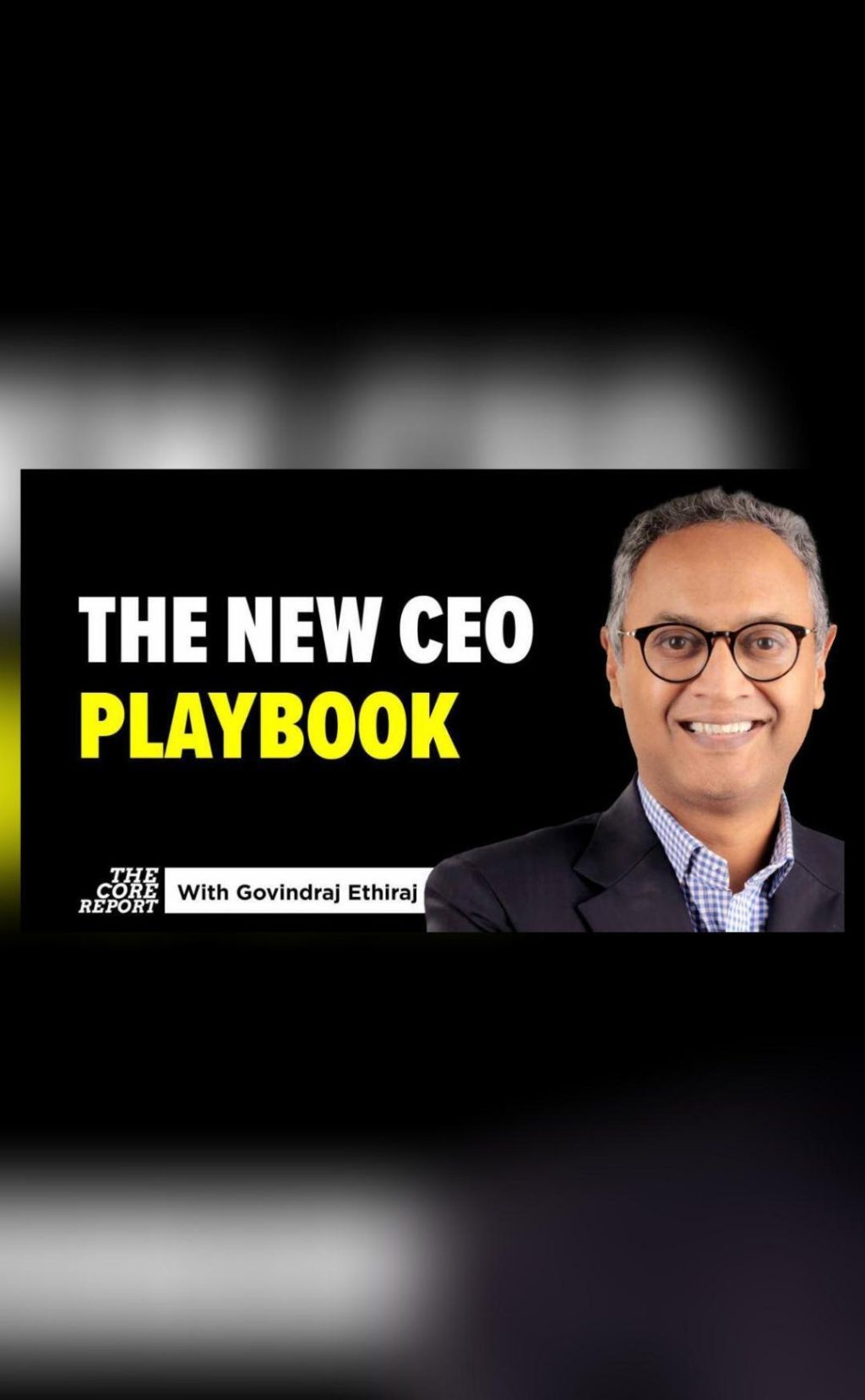
The New CEO Playbook: AI Pressures & Global Tariff Shocks
As the CEO of a global company, you’re faced with unprecedented challenges. The rise of artificial intelligence (AI) is reshaping industries, forcing you to automate and innovate to stay competitive. Meanwhile, global tariff shocks are disrupting trade, making it difficult to predict what’s next. With no guarantee of stability, companies are being pushed to localize, adapt, and reconsider long-held business models.
In this blog post, we’ll explore the new CEO playbook, highlighting the key pressures and shocks CEOs face, and provide guidance on how to navigate these challenges and thrive in this new landscape.
AI Pressures: The Need to Automate and Innovate
AI is transforming industries, from manufacturing to finance, healthcare, and beyond. As AI reshapes the competitive landscape, CEOs are under pressure to:
- Automate: Invest in AI-powered tools and technologies to increase efficiency, reduce costs, and improve decision-making.
- Innovate: Develop new products and services that leverage AI to stay ahead of the competition.
- Upskill: Train employees to work alongside AI systems, ensuring they remain relevant in an automated world.
CEOs who fail to adapt to AI pressures risk falling behind, losing market share, and struggling to stay afloat. Those who successfully navigate these pressures, however, can reap significant benefits, including:
- Increased efficiency and productivity
- Improved decision-making and accuracy
- Enhanced customer experiences
- New revenue streams and competitive advantages
Global Tariff Shocks: Disrupting Trade and Supply Chains
Global tariff shocks, such as the ongoing trade war between the US and China, are causing widespread disruption to trade and supply chains. CEOs are grappling with:
- Tariff uncertainty: Fluctuating tariffs and trade policies make it difficult to predict costs, prices, and availability of goods.
- Supply chain risks: Disruptions to global supply chains can lead to shortages, delays, and increased costs.
- Market volatility: Tariff shocks can create market volatility, impacting stock prices, currency values, and investor confidence.
To mitigate these risks, CEOs must:
- Diversify supply chains: Reduce reliance on single suppliers and diversify your supply chain to minimize risks.
- Develop contingency plans: Prepare for potential disruptions by identifying alternative suppliers, inventory buffers, and backup plans.
- Engage in trade negotiations: Work with governments and industry associations to negotiate trade agreements that benefit your company and the industry as a whole.
The New CEO Playbook: Localize, Adapt, and Reconsider
In this new landscape, CEOs must rethink strategy and operations, focusing on:
- Localization: Invest in local infrastructure, talent, and supply chains to reduce reliance on global trade and adapt to changing market conditions.
- Adaptation: Stay agile and responsive to shifting trade policies, tariffs, and market conditions.
- Reconsideration: Rethink long-held business models and strategies to ensure they remain relevant in a rapidly changing world.
To succeed, CEOs must:
- Foster a culture of innovation and experimentation
- Invest in talent development and upskilling
- Build strong relationships with suppliers, customers, and partners
- Stay informed about global trade policies and market trends
Conclusion
The new CEO playbook is a response to the unprecedented challenges posed by AI pressures and global tariff shocks. To thrive in this new landscape, CEOs must:
- Automate and innovate to stay competitive
- Mitigate risks and disruptors in global trade and supply chains
- Localize, adapt, and reconsider long-held business models and strategies
By embracing these challenges and opportunities, CEOs can position their companies for success, drive growth, and navigate the complex landscape of the 21st century.
Source:






